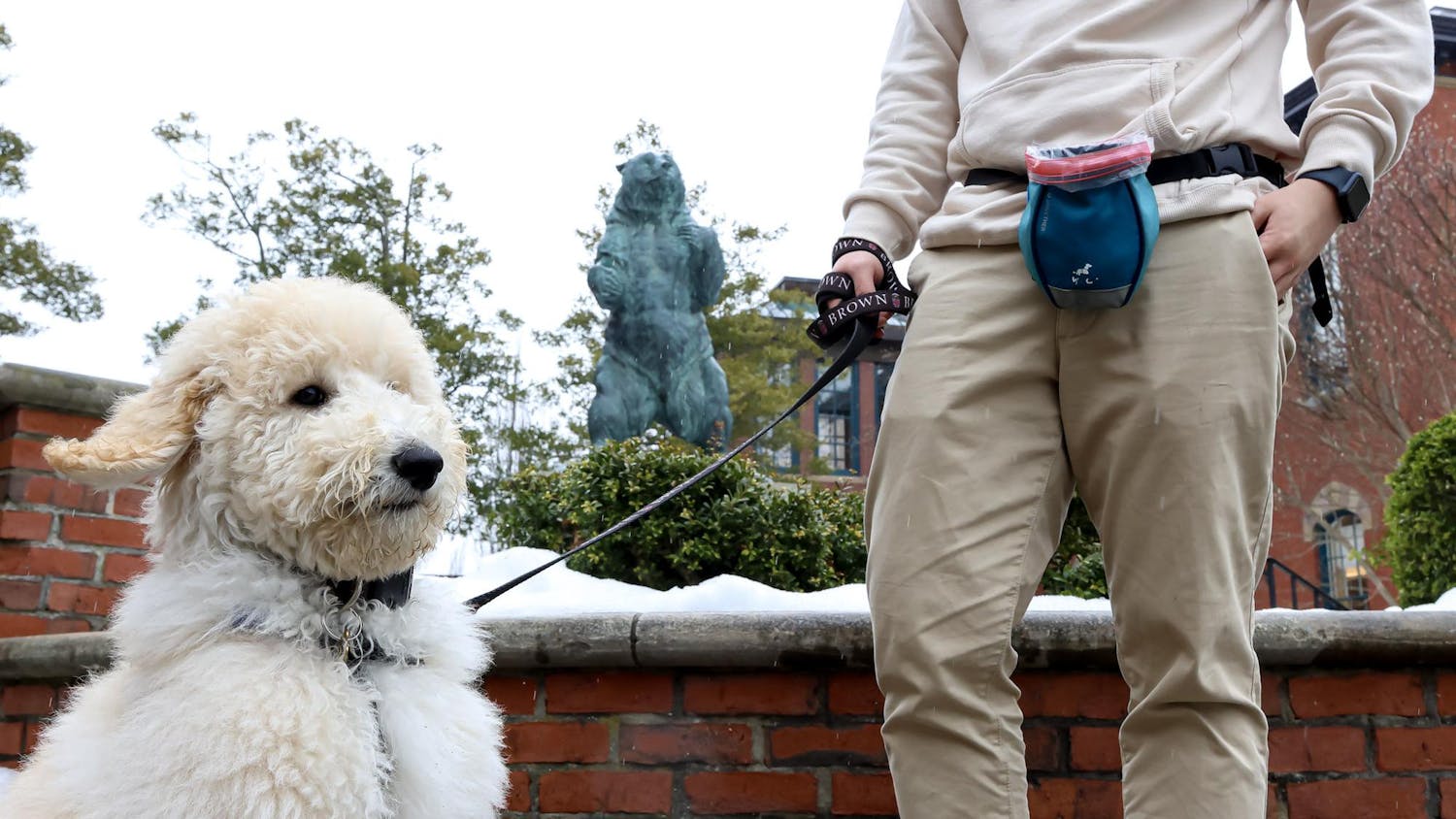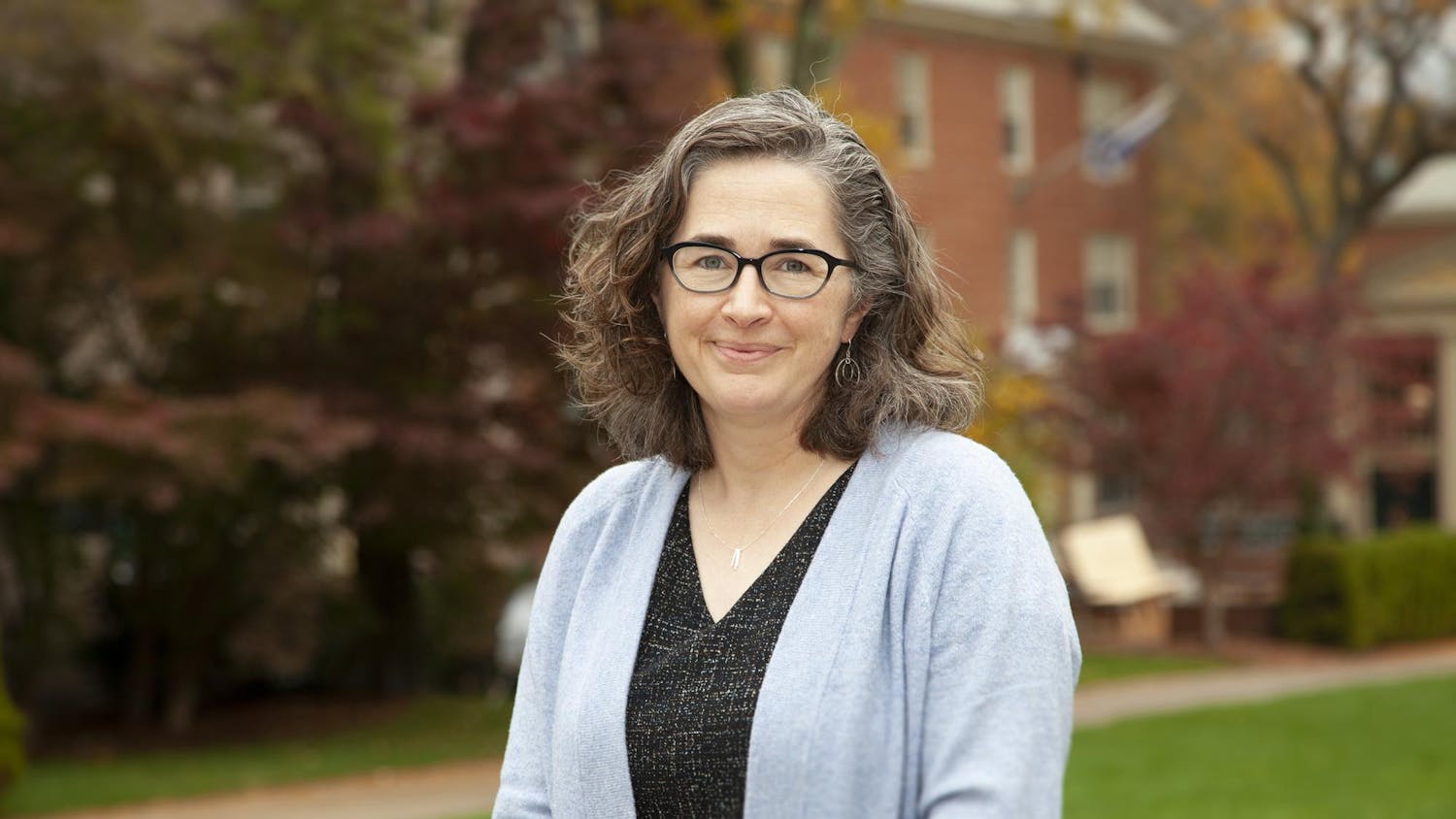On Tuesday night, as a part of Asian and Asian-American History Month, eight students came together in Solomon 001 before an audience of about 40 to offer different perspectives of the so-called Asian experience.
"The term is just used because of the coincidence of geography. I am Asian because India is in the continent of Asia," said Raj Kothari '11. "I don't think it's a bad term to use, but I want to note that it is too big a region" to make generalizations beyond geography.
"There is no Asian identity," Kothari said.
Melissa Dzenis '12, who is half Filipino and half Latvian, said she didn't agree with Kothari because she feels there is some tie between Asians that is not simply coincidental.
Panel member Kaijian Gao '13, who doubled as the moderator, began by inviting the other panelists to discuss how they personally identify. Students discussed how their identities have impacted how they have been treated in the U.S., as well as what they think being Asian means to the broader world.
Most expressed some uncertainty when faced with this question.
"It's a very messy identity," said See Vang '13, who was born in California and is Hmong-American, a race that she noted is not relatively very well known in the U.S.
Amanda Kim '12, who was born in New York City and has also lived in Korea and in Tokyo, says she is still trying to figure out her own identity. "I guess that I would say I'm Korean-American," adding that she has always had trouble identifying her "home."
"I don't like to categorize myself," she said.
"I guess I identify as being a Chinese-American, with more emphasis on the Chinese part," said Max Song '14, adding that with such an identity it is easy to get lost between the two sides of the Pacific.
"I was the Asian kid" in high school, said Kenji Morimoto '11, who is fourth-generation Japanese-American, as he had attended a high school in Chicago that was one percent Asian. It was not until Morimoto came to Brown that he stopped feeling this way, he said.
"I've been to Japan about seven times," Morimoto said. "I look it, I know much of the culture and mannerisms, but in the end, I'm not."
"People definitely do see Asians as intelligent," Kothari said, which led to discussion of the "model minority myth," which concluded the panel discussion.
"Those racist notions make themselves true because we are born into them," said VyVy Trinh '11. "I have never been told that I couldn't achieve something due to my race, or gender or sexuality."




